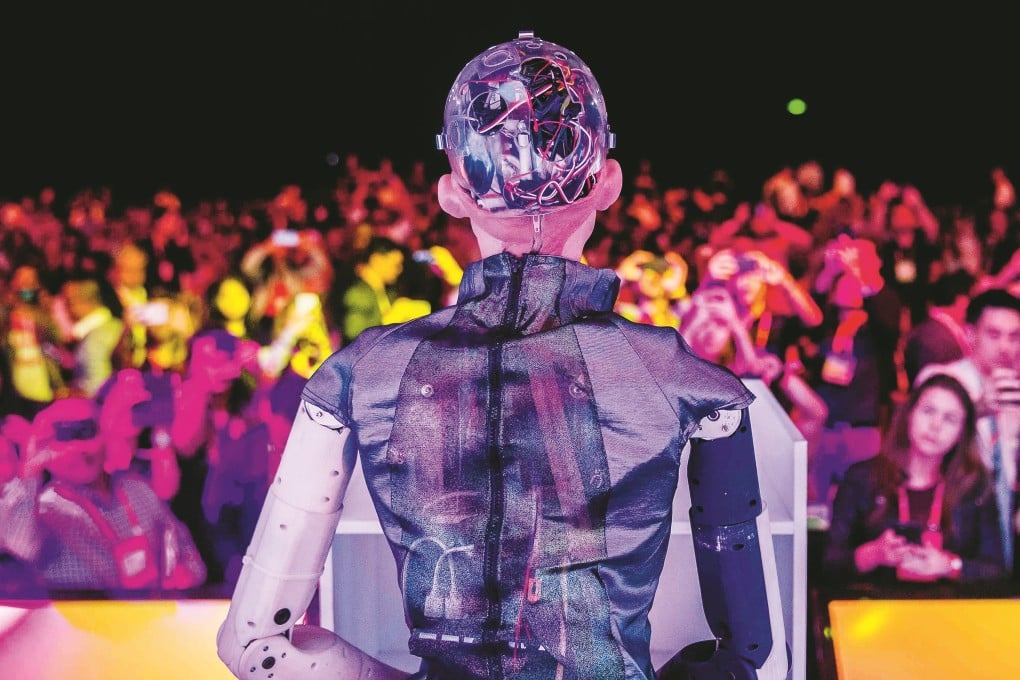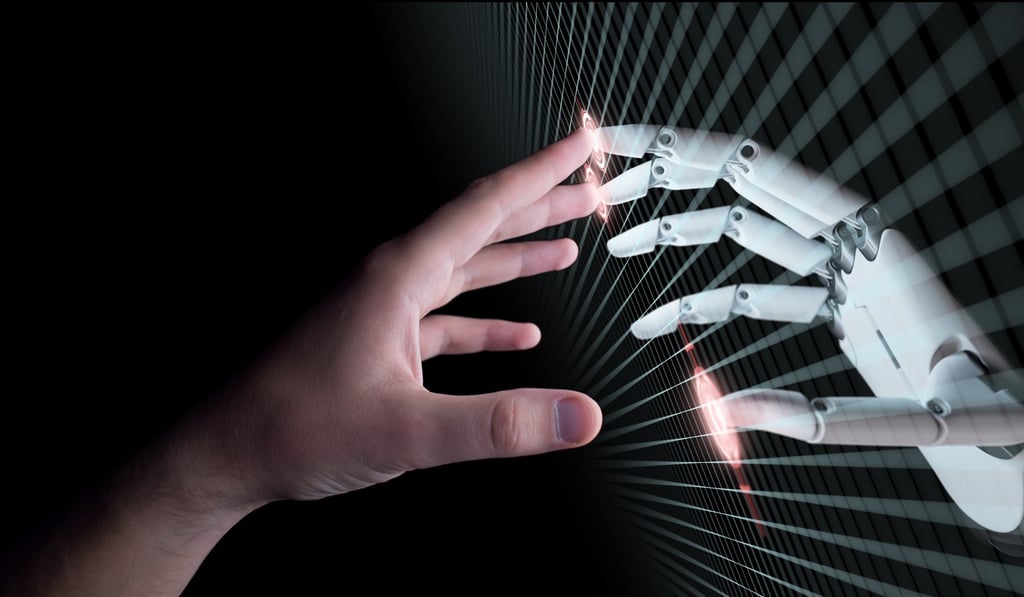AI in 2030: will it have empowered humans or destroyed us? Experts weigh in
- Nearly 1,000 experts were asked whether artificial intelligence will have made humanity better off by 2030. Only two-thirds said yes
- On the plus side are self-driving cars and customised health care, on the minus side fears of data abuse, loss of jobs, loss of control, and autonomous weapons

The year is 2030 and artificial intelligence has changed practically everything. Is it a change for the better or has AI threatened what it means to be human, to be productive and to exercise free will?
You’ve heard the dire predictions from some of the brightest minds about AI’s impact. Tesla and SpaceX chief Elon Musk worries that AI is far more dangerous than nuclear weapons. The late scientist Stephen Hawking warned AI could serve as the “worst event in the history of our civilisation” unless humanity is prepared for its possible risks.
But many experts, even those mindful of such risks, have a more positive outlook – especially in health care and possibly in education. That is one of the takeaways from a new AI study by the Pew Research Centre and Elon University’s Imagining the Internet Centre.
Pew canvassed the opinions of 979 experts over the summer, a group that included prominent technologists, developers, innovators, and business and policy leaders. Respondents, some of whom chose to remain anonymous, were asked to weigh in on a weighty question: “By 2030, do you think it is most likely that advancing AI and related technology systems will enhance human capacities and empower them?”
Nearly two-thirds predicted most of us will be mostly better off. But a third thought otherwise, and a majority of the experts expressed at least some concern over the long-term impact of AI on the “essential elements of being human”. Among those concerns were data abuse; loss of jobs; loss of control as decision-making in digital systems is ceded to “black box” tools that take data in and spit answers out; an erosion in our ability to think for ourselves; and yes, the mayhem brought on by autonomous weapons, cybercrime, lies and propaganda.
